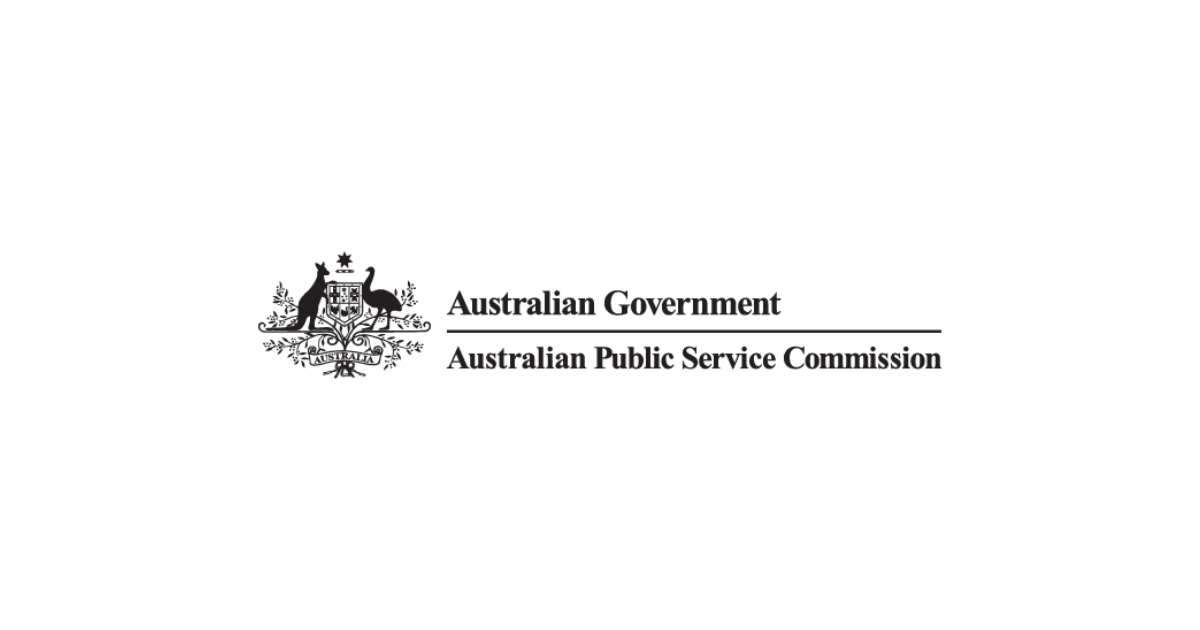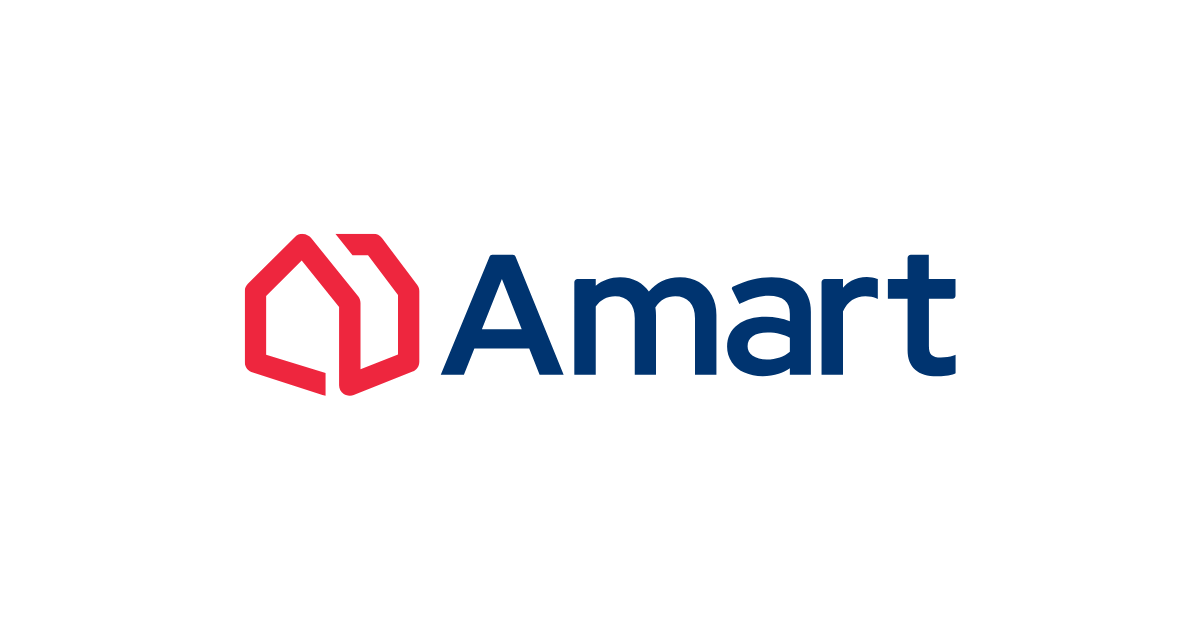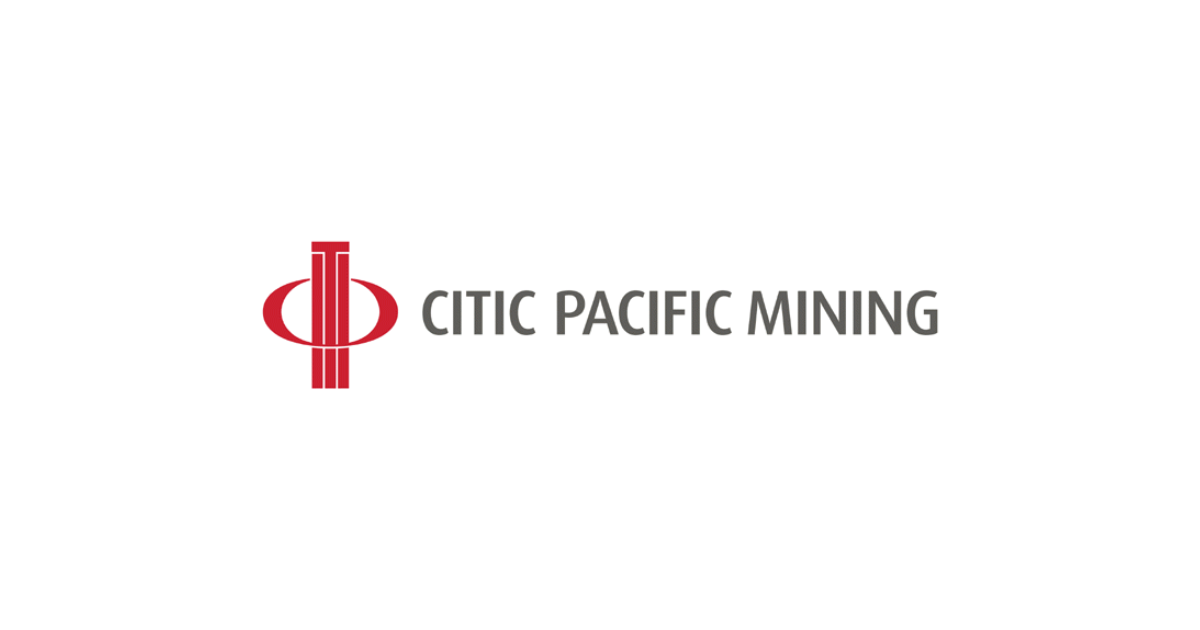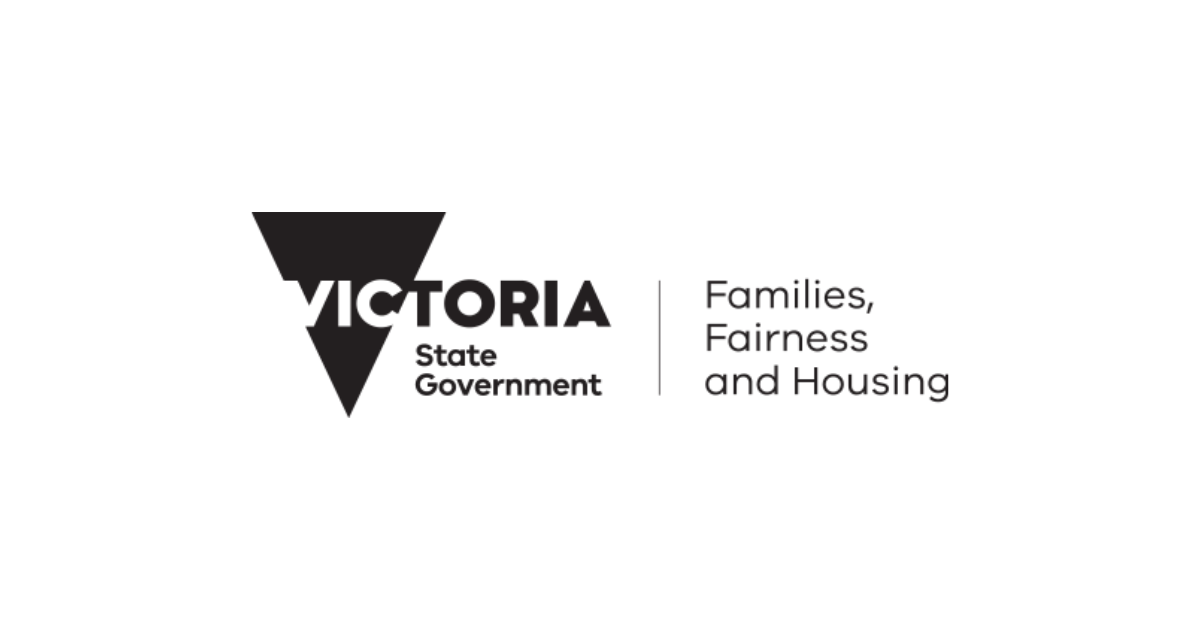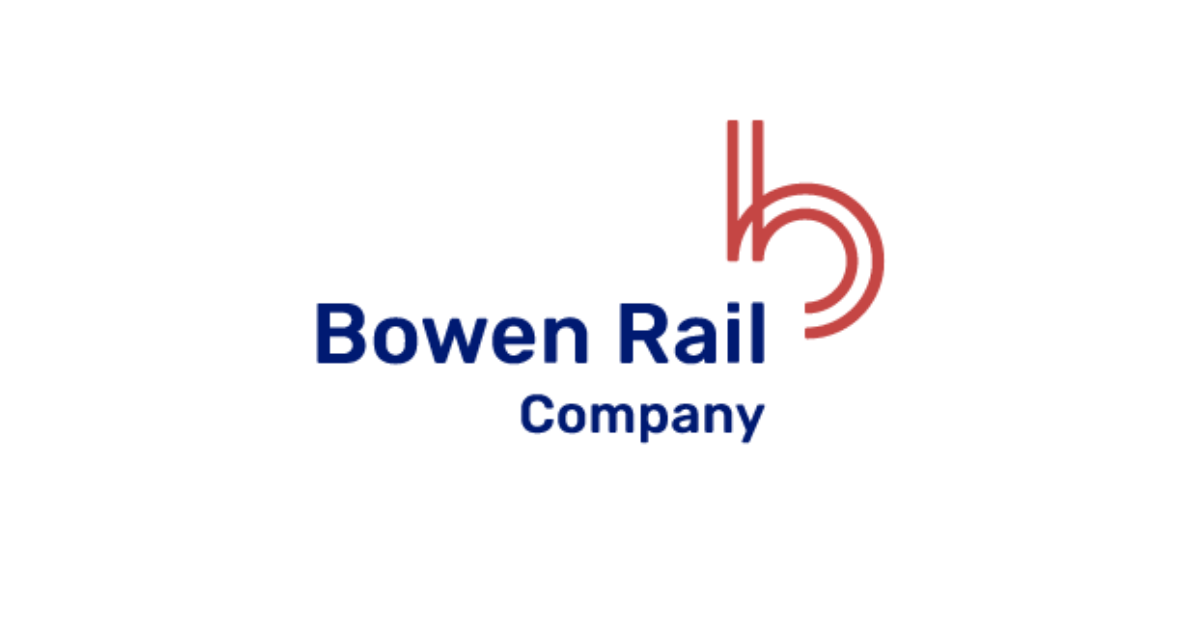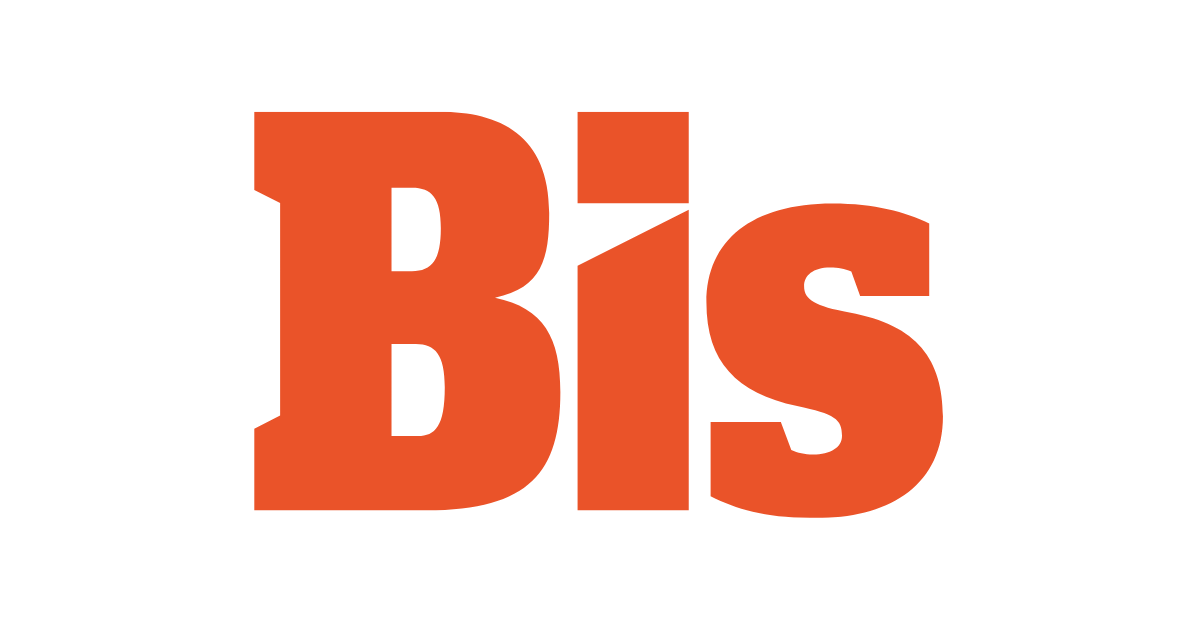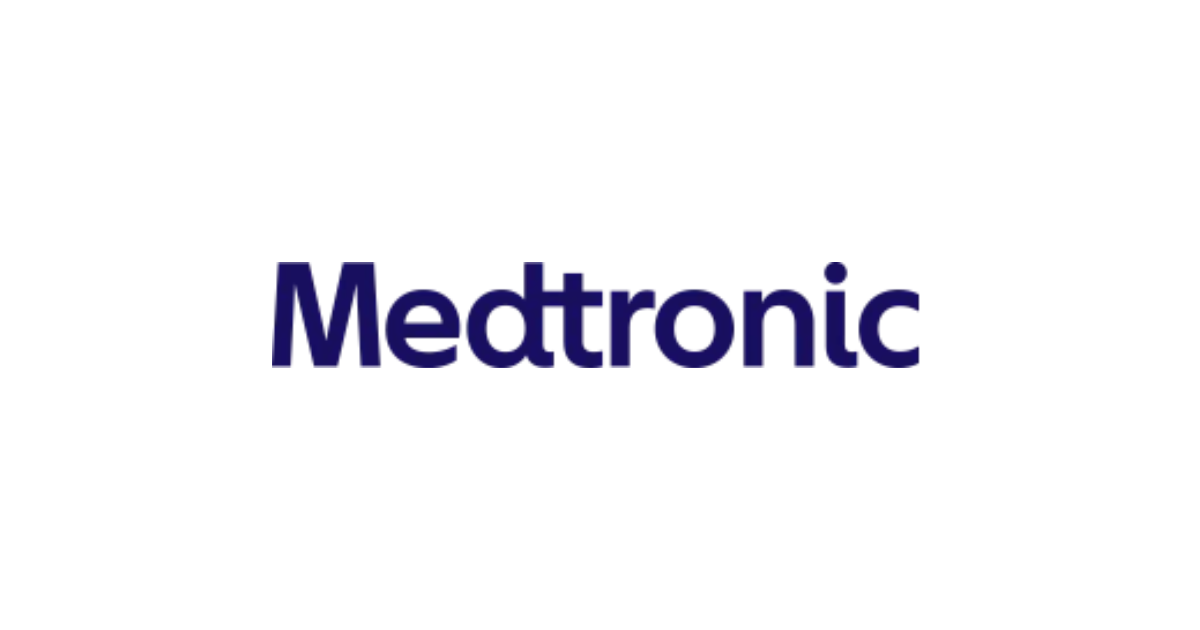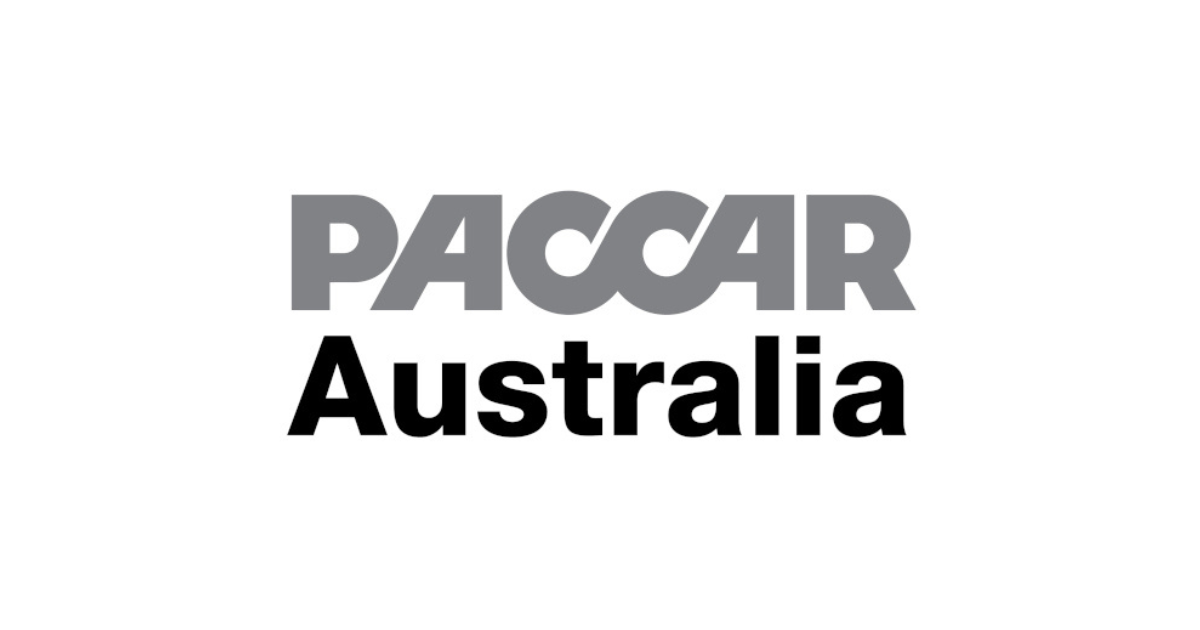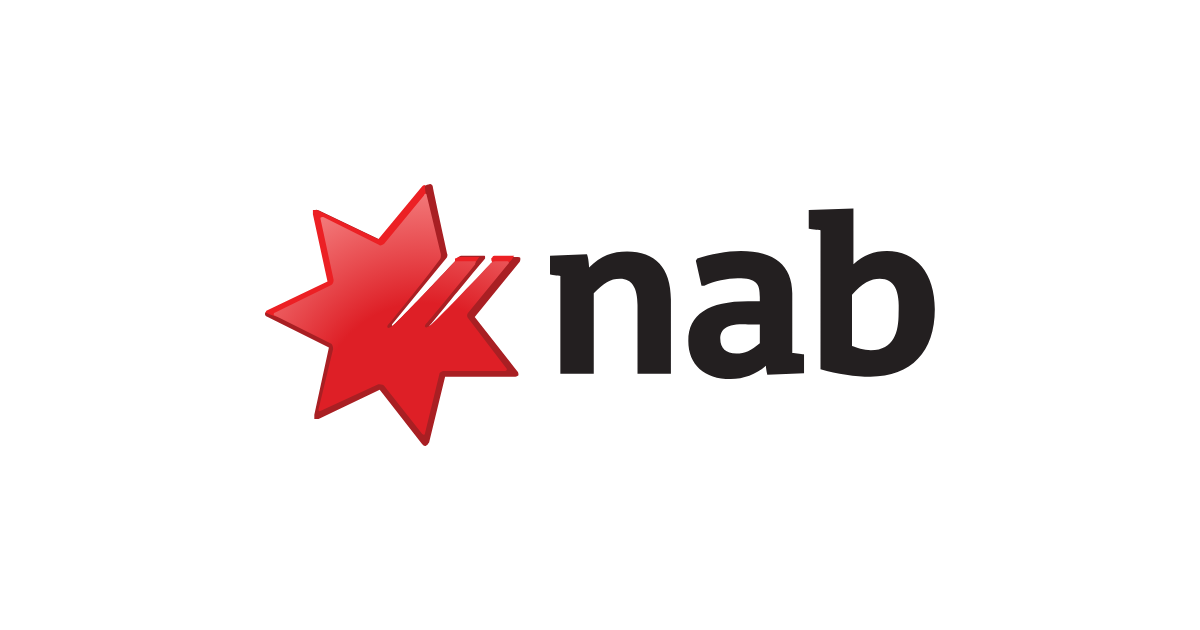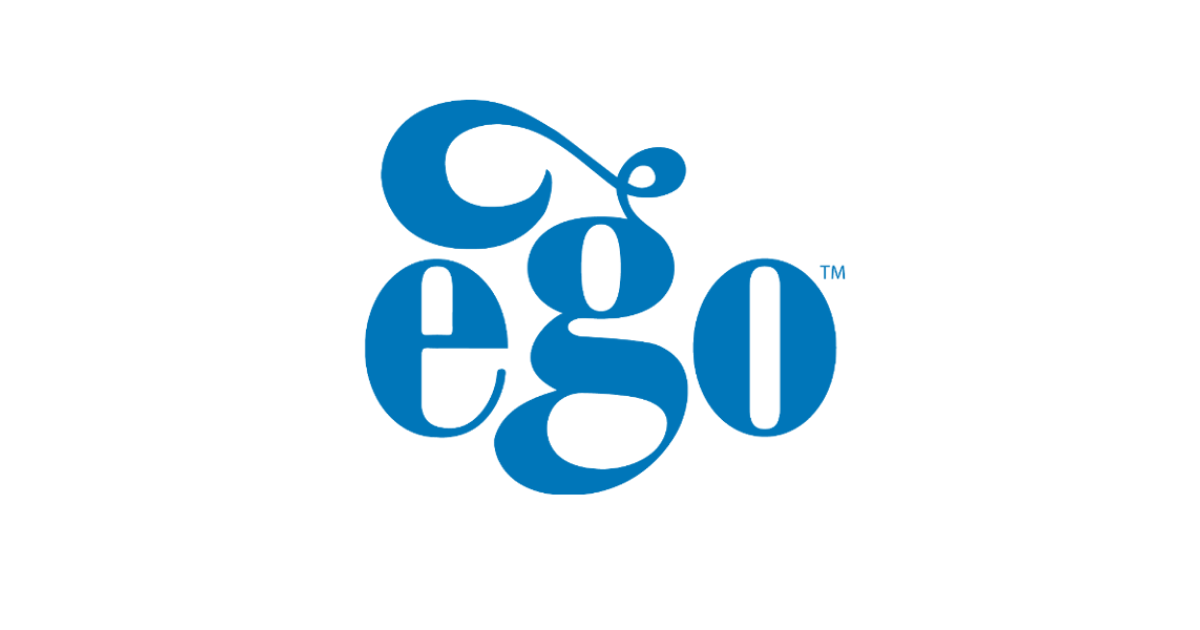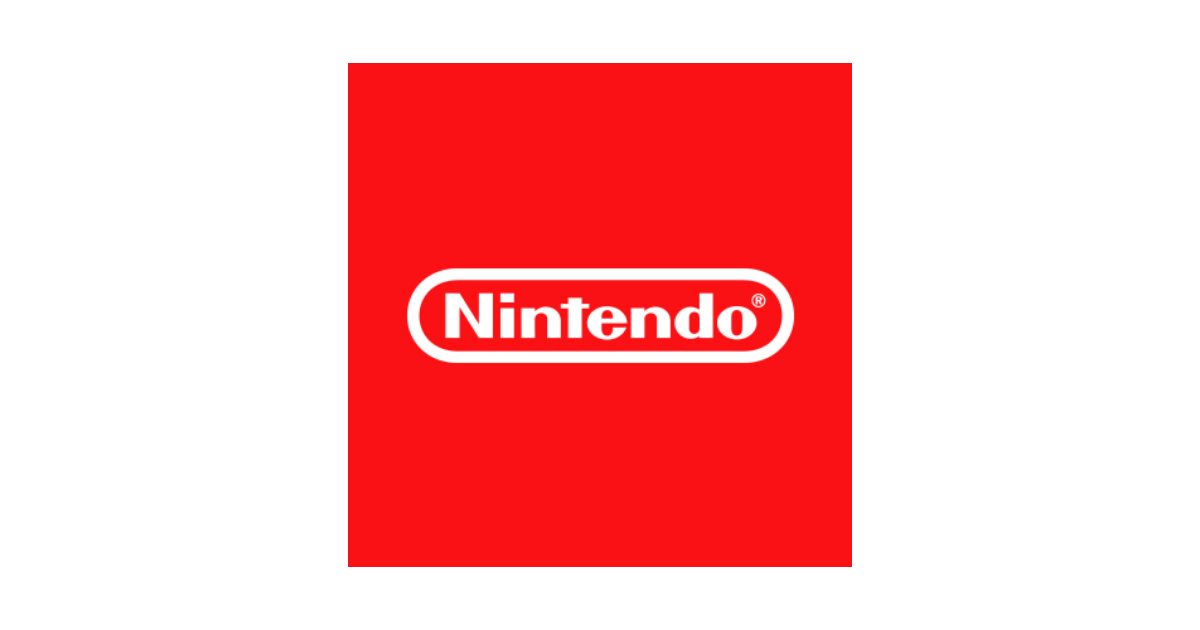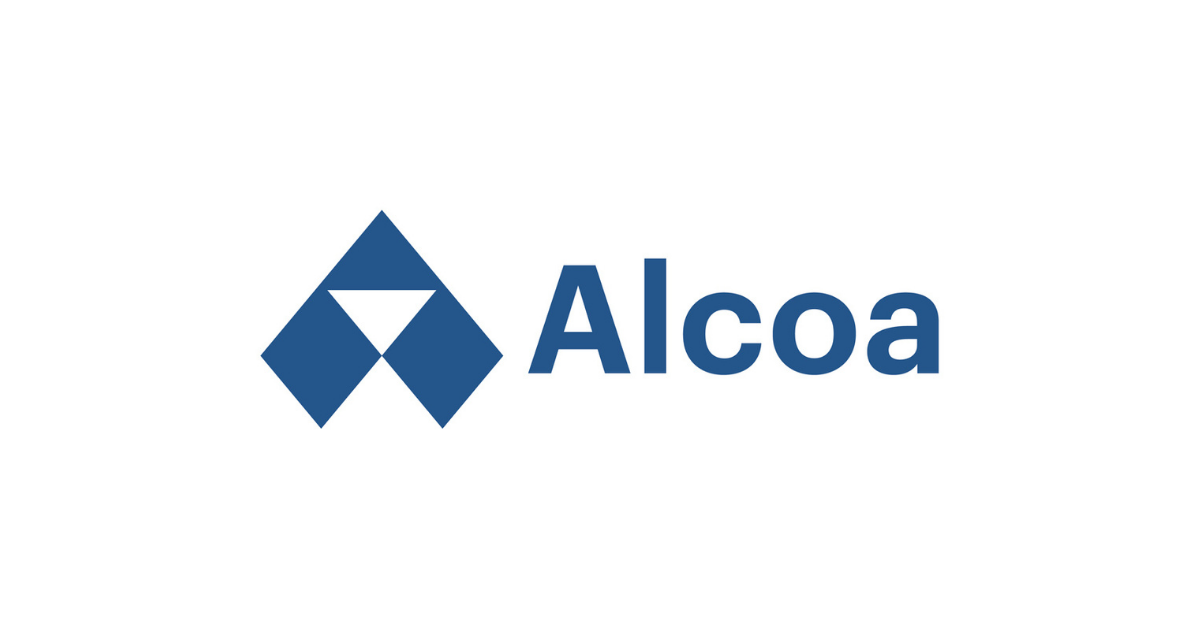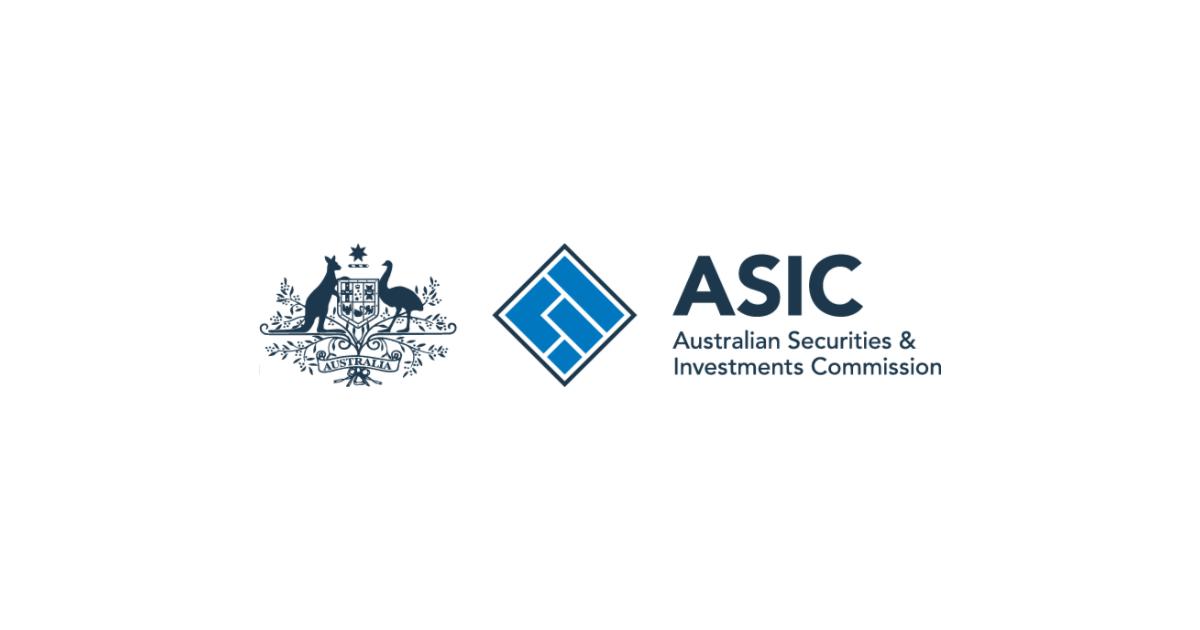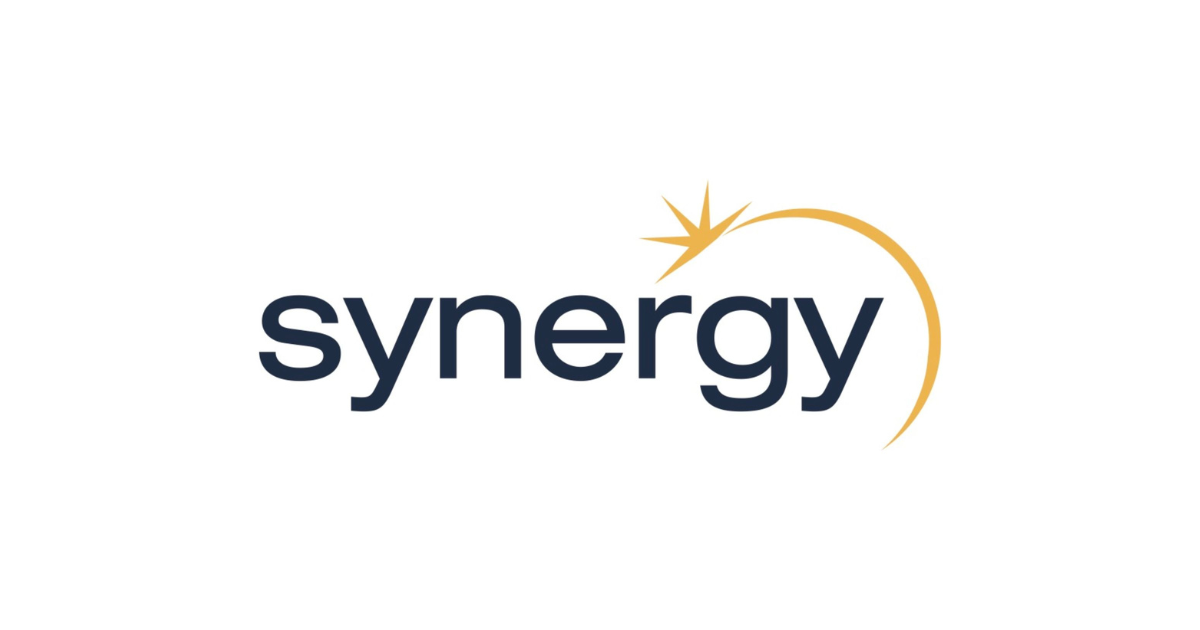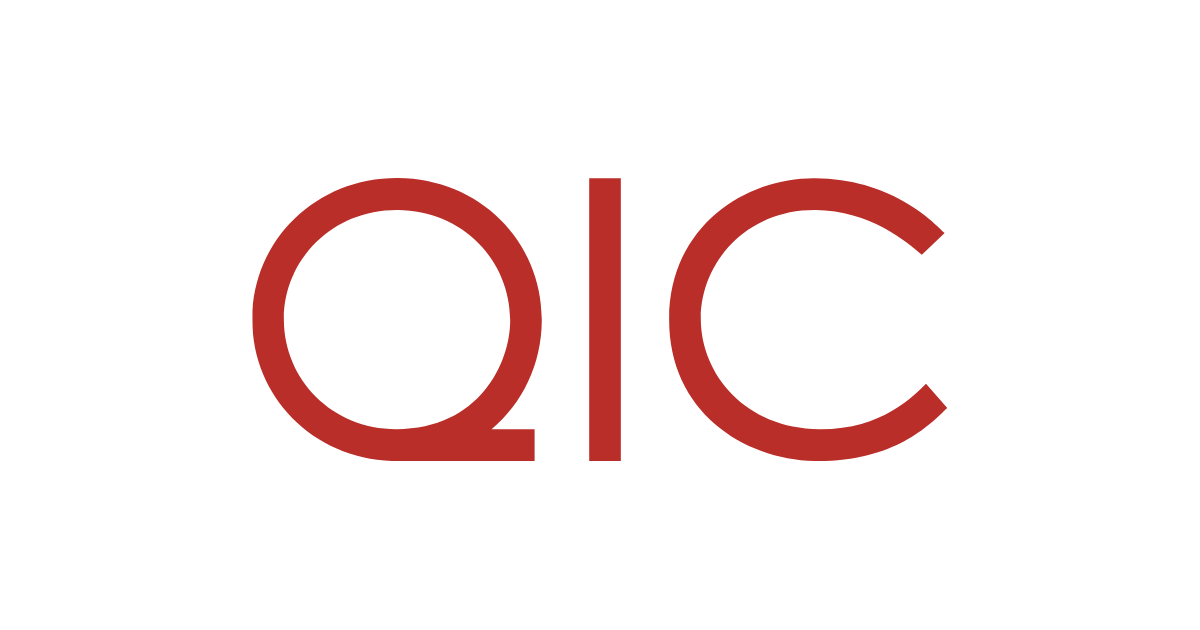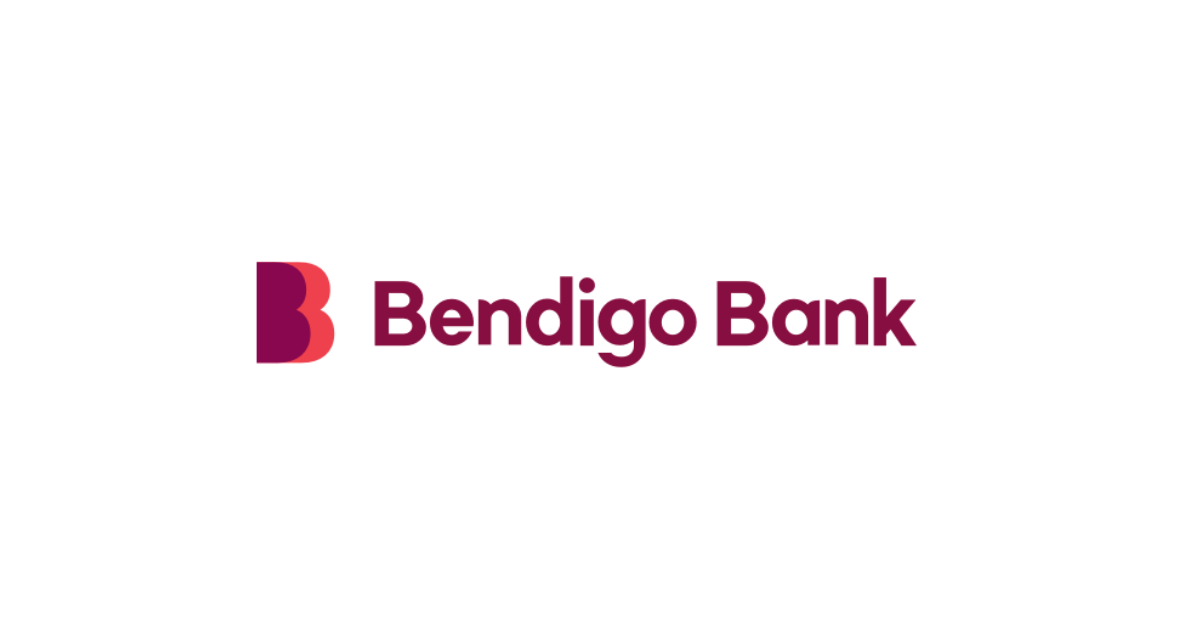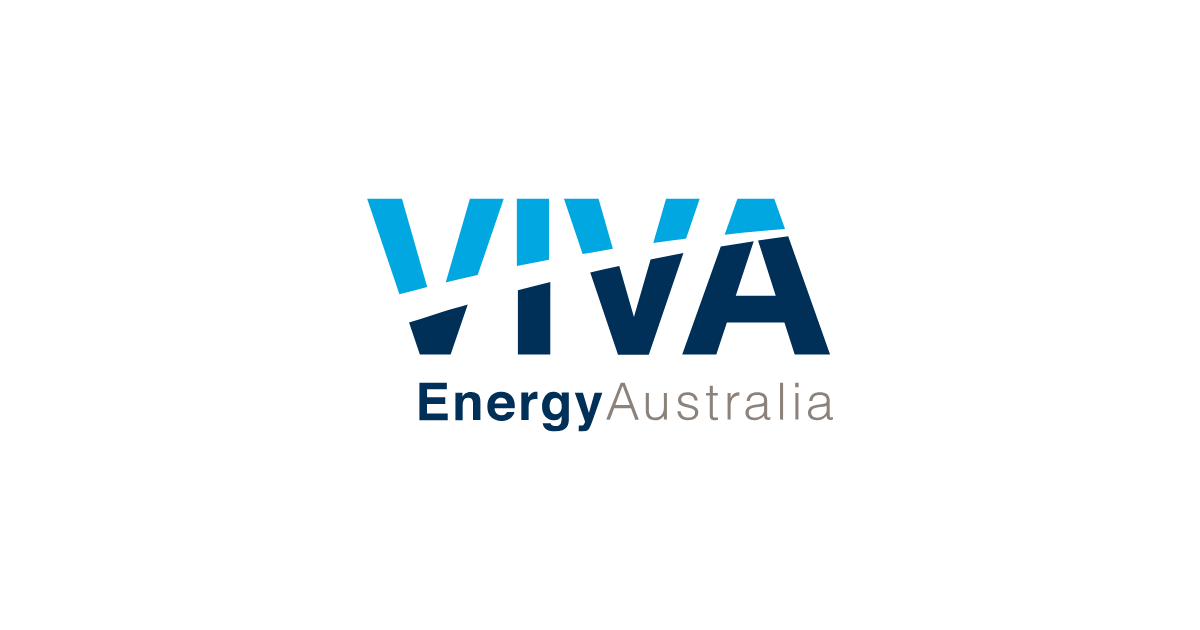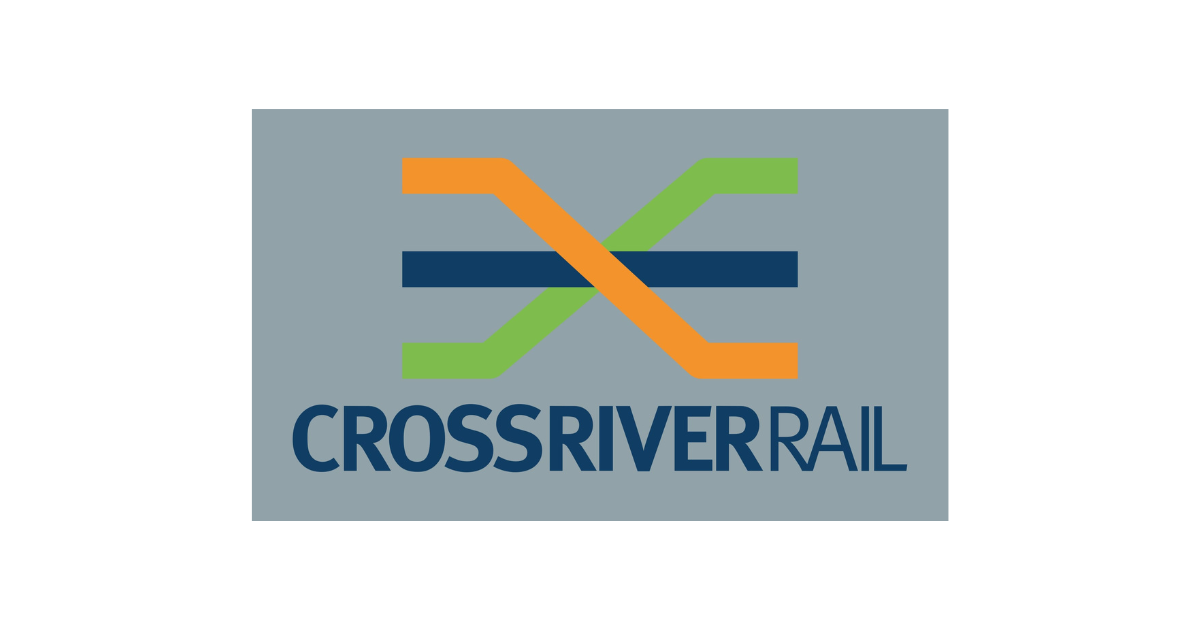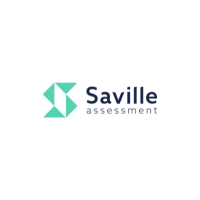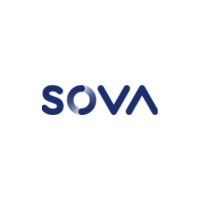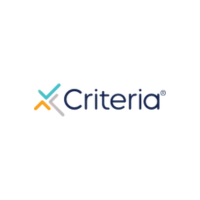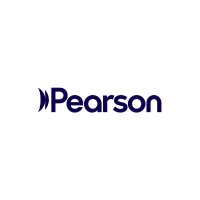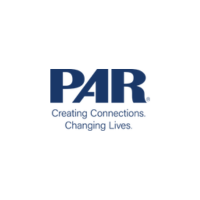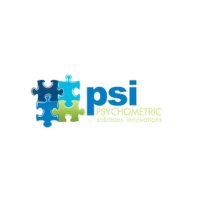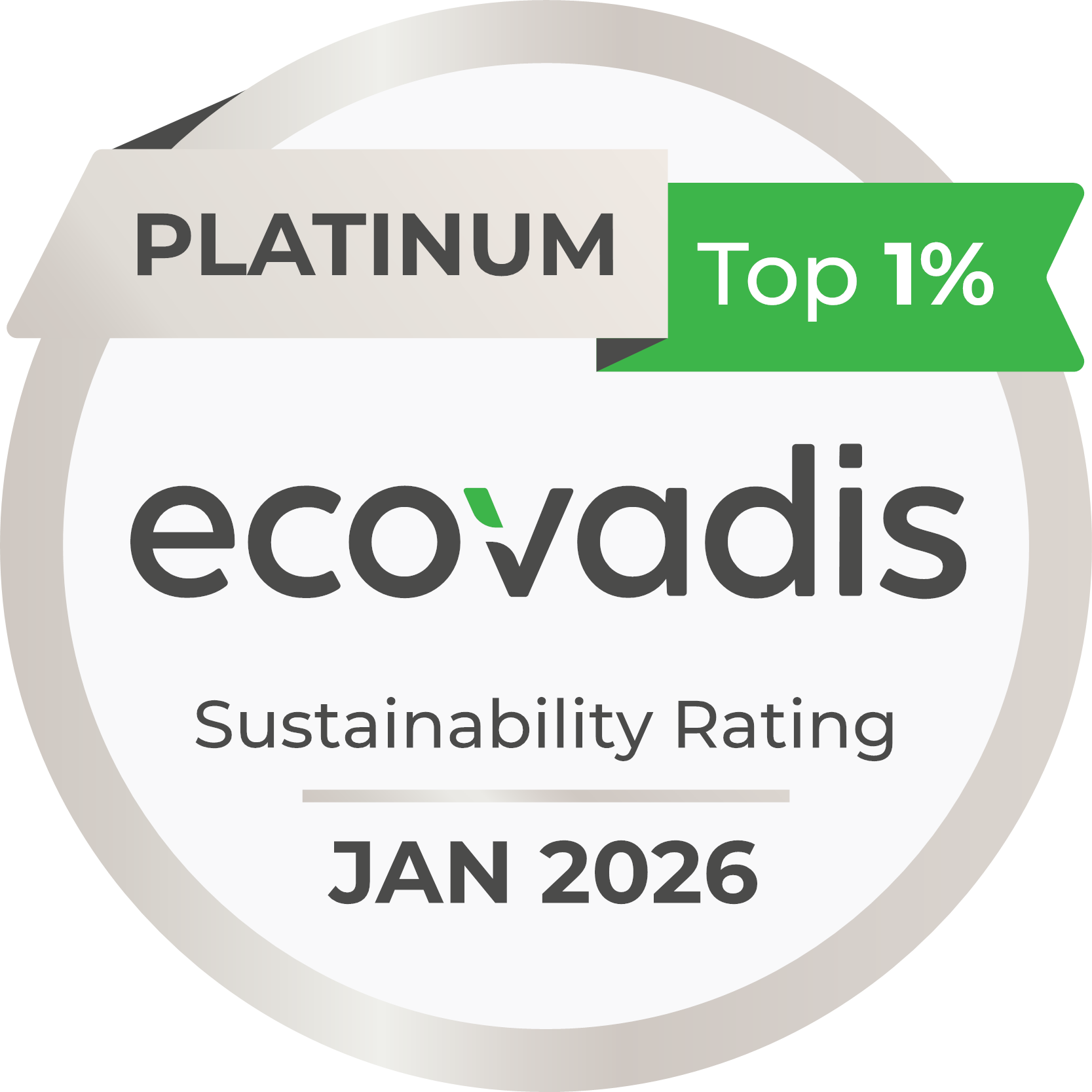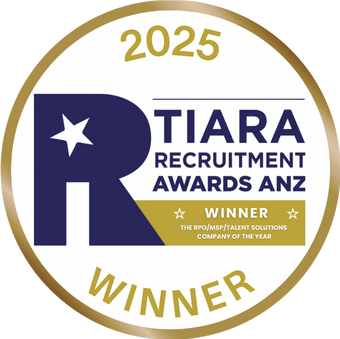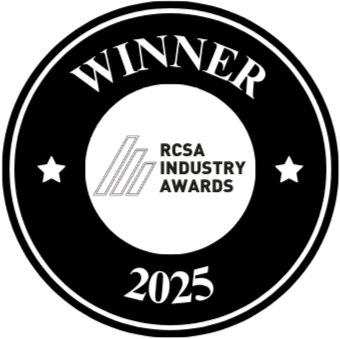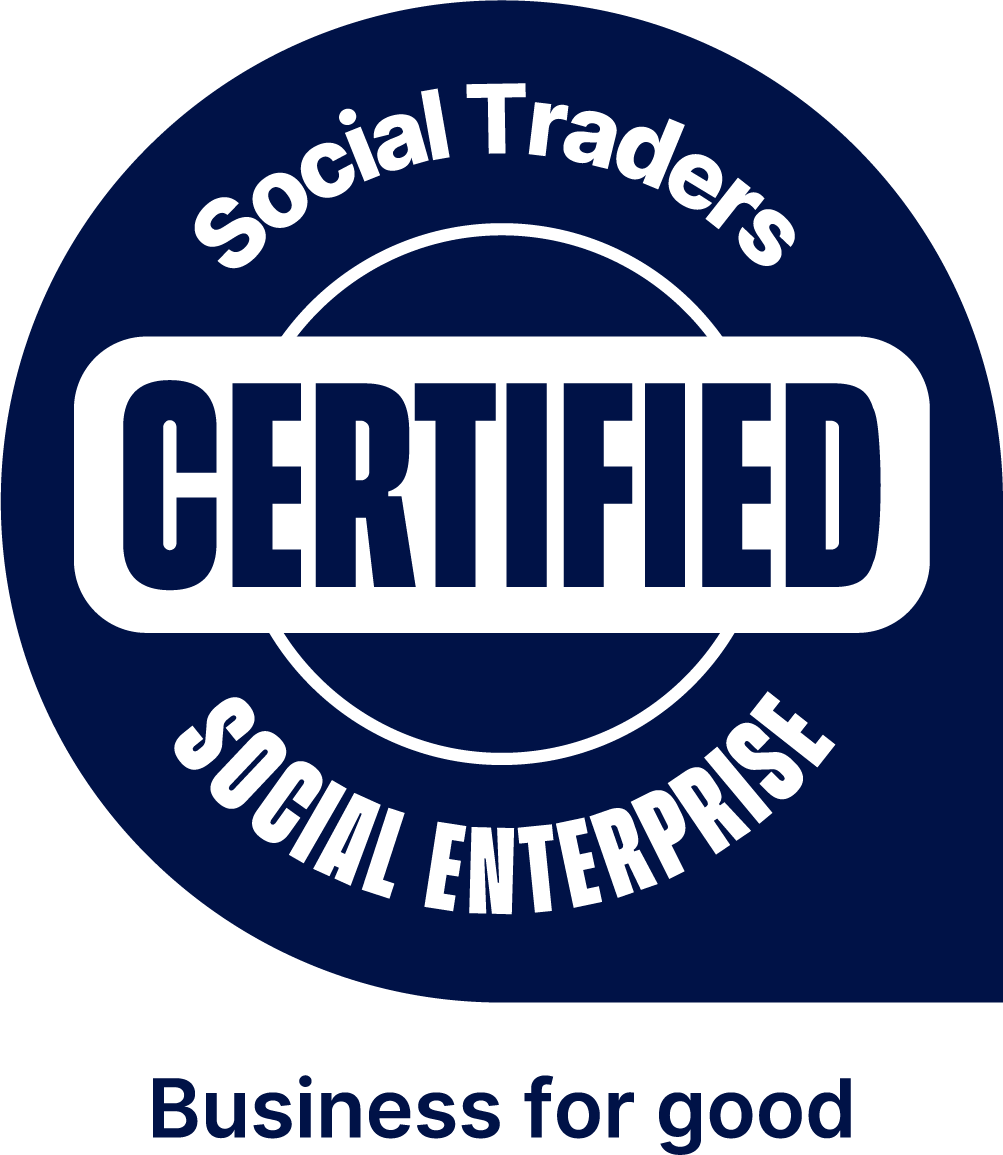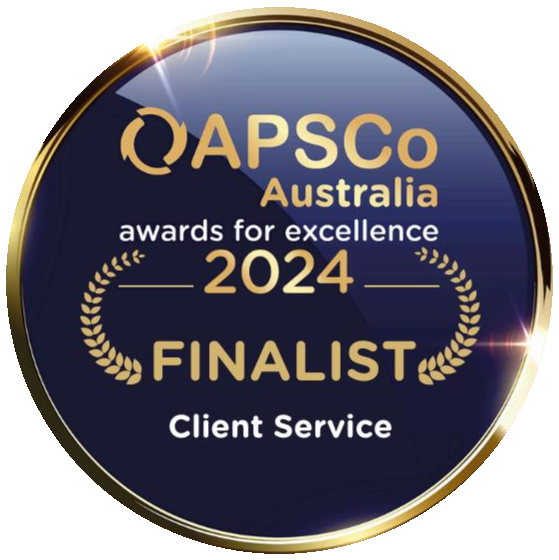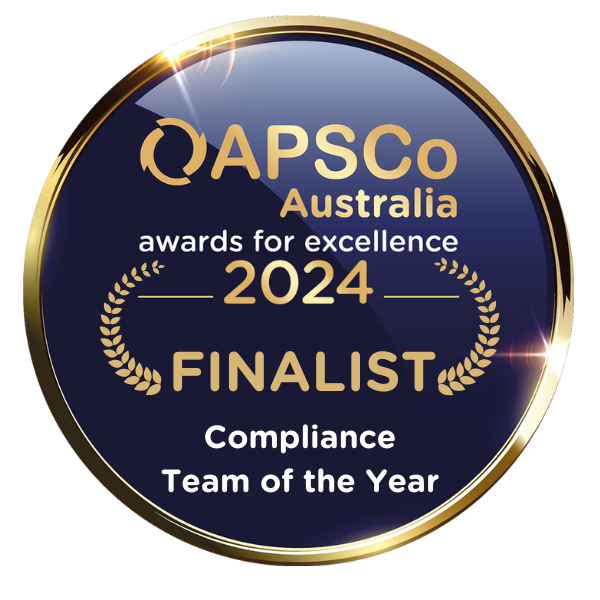Cognitive ability
Psychometric
Assessments
Vendor-neutral, science-backed tools to help you hire smarter, reduce risk, and build stronger teams.
Why Psychometric Assessments?
Hiring decisions are high-stakes and often, subjective. Psychometric assessments give you data-driven insight into a candidate’s abilities, motivations and fit, reducing risk and helping you make more confident decisions.
Benefits at a glance:
Reduce bias in hiring
Predict on-the-job performance
Improve role and team fit
Lower turnover and rehiring costs
A Flexible, Vendor-Neutral Model
At Chandler Macleod, we take a vendor-neutral approach. Through our Assessment Gateway Portal, we match your unique needs with the best tools in the market. No one-size-fits-all, no bias toward a single provider.
We work with:
Tailored to the Role, Backed by Science
We assess attributes aligned to success, including:
- Cognitive ability
- Personality and traits
- Emotional intelligence
- Motivators and values
- Integrity and behavioural risk
All assessments are mapped to Success Profiles, validated frameworks that define what “great” looks like in your roles.
Results That Speak for Themselves
60%
Bias Reduction
More objective, less subjective hiring decisions
38%
Quality Improvement
Stronger candidate selection decisions
30%
Less Turnover
Better fit means employees stay longer
25%
Team Productivity
Aligned teams deliver higher performance
Designed for Every Stage of the Talent Lifecycle
Psychometric assessments are not just for recruitment. They support:
- Hiring & onboarding
- Leadership development
- Succession planning
- Team alignment
- Organisational design
We also provide cohort analysis and candidate development reports to support growth beyond the hire.
What We Assess
We offer assessments across six key domains:
Need Faster Hiring Decisions? Try On-Demand Assessments
When you’re filling repeat or high-volume roles, speed matters. Our On-Demand Assessment service delivers validated psychometric testing, pre-configured for common job types, with quick turnaround and easy-to-read reports.
- Instant reports with key strengths and red flags
- Suggested interview questions
- No setup delays, ready to launch
- Supports development and succession planning too
This option is ideal for organisations who want rapid insight without compromising on quality.
Let's Talk
Whether you need assessments for volume hiring, specialist roles, or executive leadership, our psychologists can help guide the process.
Call us on
1300 664 305
email:
consulting@chandlermacleod.com
Frequently Asked Questions
What types of roles can you assess for?
We provide assessments for a wide range of roles, from high-volume frontline hiring to specialist, technical, and executive appointments. We tailor the tools and reports based on the role’s seniority, complexity, and behavioural demands.
Do you only use your own tools, or can we choose?
We take a vendor-neutral approach. Through our Gateway Assessment Portal, we work with a range of industry-leading providers like SHL, Hogan, Saville, Genos and our own in-house tool, Helix, to ensure the right fit for your business.
Can psychometric assessments really predict performance?
Yes. Our tools are validated against supervisor ratings, performance outcomes, and behavioural indicators. We assess traits like problem solving, resilience, adaptability, and team fit, which are all strongly correlated with success in role.
Will this help reduce bias in our hiring process?
Definitely. Psychometric tools provide objective, standardised insights, helping to reduce unconscious bias and improve fairness across shortlisting, interviews, and selection. Many of our clients also see improvements in diversity outcomes.
How long do the assessments take to complete?
Most assessments take between 15-30 minutes, depending on the role and the tool used. We balance depth of insight with candidate experience, and we provide time estimates upfront, so there are no surprises.
Do you support post-hire development or just recruitment?
Our assessments support onboarding, team building, leadership development, and succession planning. We also provide cohort-level analysis and development feedback reports to support longer-term capability building.
What if a candidate tries to fake their answers?
Some tools, including Helix, include indicators that detect inconsistent or overly socially desirable responses. We’ll always flag any questionable data and guide you on how to interpret it during your hiring decision.
Can I talk to someone before choosing an assessment?
Of course. One of our psychologists will work with you to understand the role, the context, and your goals and then recommend the most appropriate assessment strategy.
Contact us now or call 1300 664 305.
Let’s Find the Right Talent Together
If you are looking to discuss recruitment solutions, please fill in the form below and a member of our dedicated team will get back to you within one business day.
This form is for customer enquiries only. If you’re a job seeker, please search our jobs or register your CV.
Your information will only be used to provide the services or information you’ve requested. We may also send you occasional updates relevant to recruitment. You can unsubscribe at any time. To learn more, please review our Privacy Policy.
Psychometric News

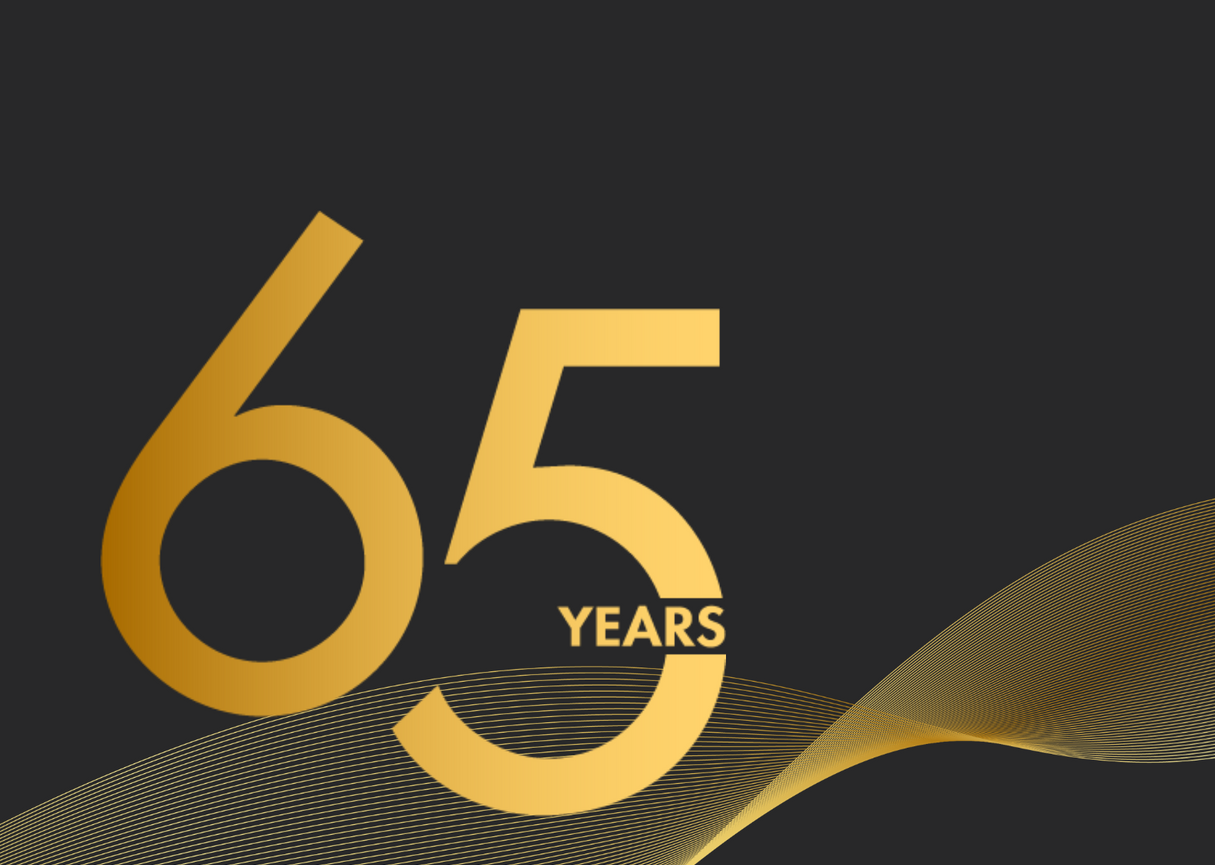

Looking for a Career Change?
Learn more about CareerFit, our career test and assessment tool to uncover your strengths, explore top career paths, and take the next step in your professional journey.


